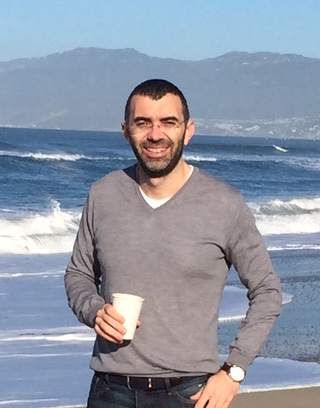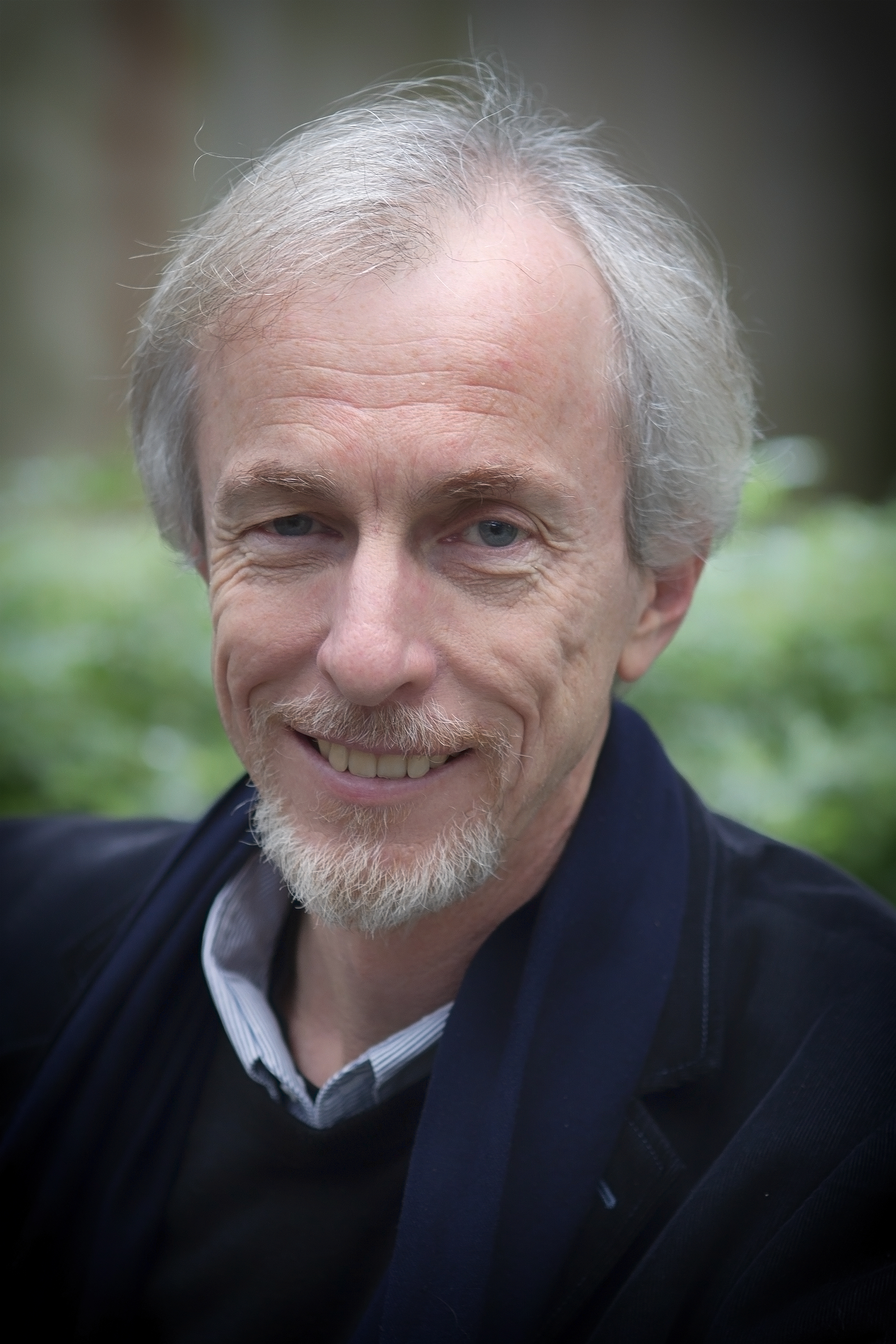 Dear colleagues,
Dear colleagues,
On behalf of the Executive Committee of CESE and the Local Organising Committee, I would like to welcome you warmly to the historic city of Nicosia and to our XXVIII CESE Conference. We are very happy that the Department of Education of the University of Cyprus is hosting our very first CESE Conference in Cyprus. Despite its short history, the University and the Department have made impressive strives in terms of international achievements. According to the 2017 Times Higher Education World University Rankings, the University of Cyprus is the 52nd ‘best young university’ in the world, while the Department of Education is ranked 151-200 in the QS World University Rankings for the year of 2017. An ambitious internationalisation strategy is at the core of this success, making the University and the Department a very appropriate setting for a CESE Conference. I am very proud and extremely grateful to the Head of the Department as well as to the President and the Executive Committee of the Society for trusting us with the task of hosting and (co-)organising its XXVIII Conference and General Assembly.
As a palimpsest of cultures, geopolitics, aesthetics and disputed meanings, Cyprus and its divided capital city of Nicosia are fascinating locations for studying and problematising education comparatively. When the Executive Committee of CESE met in Rome in the autumn of 2016 to discuss possible themes for our 2018 conference, we were convinced that we live in difficult moments of change, but also in moments of possibility and potential. We were also convinced that identity is an analytically powerful concept to explore these moments in different places and spaces. Finally, we believed that comparative education is well situated to examine the intersections of local, regional and global history, socio-political structures and biographies of persons that interact to produce moments of uncertainty and opportunity.
It was within the context of this thinking that we came up with the theme of our XXVIII Conference: “Identities and Education: Comparative Perspectives in an Age of Crisis”. With this frame, we hope that our Conference will be intellectually stimulating and exciting, creating a platform for understanding our current problems and challenges and considering the potential of education to address them. As always, the programme of the Conference provides ample space to debate these issues. Our conference structure comprising plenary lectures, working groups, thematically-focused panels and cross-thematic sessions is aimed at providing a stimulating set of contexts for in-depth discussion, academic networking and the development of enriching new friendships.
We look forward to welcoming you in Nicosia!
Dr. Eleftherios Klerides
Chair of the Local Organising Committee and Secretary-Treasurer of CESE

Dear comparativists,
It is a great pleasure to welcome you to one of the most fascinating cities in the world, and at a time of global and regional change, uncertainty and potential. As CESE President I am proud and grateful that the University of Cyprus has invested so much energy to ensure that your experience here will be memorable. I wish to thank our colleagues in the Department of Education for their excitement and energy in taking up the challenge of creating a context where scholars and practitioners from across the world can come together to discuss issues of common concern. In this regard, I wish to express particular gratitude on behalf of the CESE Executive Committee to the Head of the Department of Education (Prof. Leonidas Kyriakides) and to our local organizer and CESE Secretary-Treasurer (Dr. Lefteris Klerides). Their support has been central to planning what I am sure will be a highly rewarding week of engagements. We are particularly excited to have the opportunity to experience cutting-edge teaching and learning facilities that reflect the University’s ambition to be a global leader in the higher education field.
CESE is a well-established society charged with furthering the study of education in a comparative perspective. Of course, as all scholars know, the academic world is awash with opportunities to present one’s work, meet new people and to be visible. A CESE conference provides those same possibilities as well as much more. Over 50 years and 27 bi-annual conferences, we have developed and maintained a unique structure centered around a series of working groups: a form of extended seminar where scholars engage with each other as peers, discussing, challenging and refining arguments and perspectives. The sessions of the working groups unfold over many days and often lead to much longer-term dialogues. Many of Europe’s leading comparativists have ‘cut their teeth’ here. CESE is also aware that academic culture is on the move. Not everyone can engage on such terms and not everyone considers themselves to be comparativists by primary academic identity. As such, we also offer a set of thematically-focused panels where educationalists of all types – including comparativists – can present their work in ways that unfold our conference theme further. We also have dedicated space in our program – the cross-thematic sessions - for other outstanding papers that speak to the conference theme but which we arrange into sessions where additional synergies can be made. On top of these structural features, the Conference has a range of keynote speakers charged with the task of presenting their work but in ways that probe the conference theme and force us into dialogue about its multiple potentials. All in a relatively intimate setting where authentic and substantial dialogue is at the core of the conference experience.
A CESE conference is thus familiar but, also, quite unique. It reflects a commitment to scholarship, enquiry and deep engagement as well as an explicit invitation to develop your ideas and create meaningful relations. We are glad to welcome you to Cyprus, to CESE 2018 and to our intellectual community!
Dr. Stephen Carney
President of CESE
